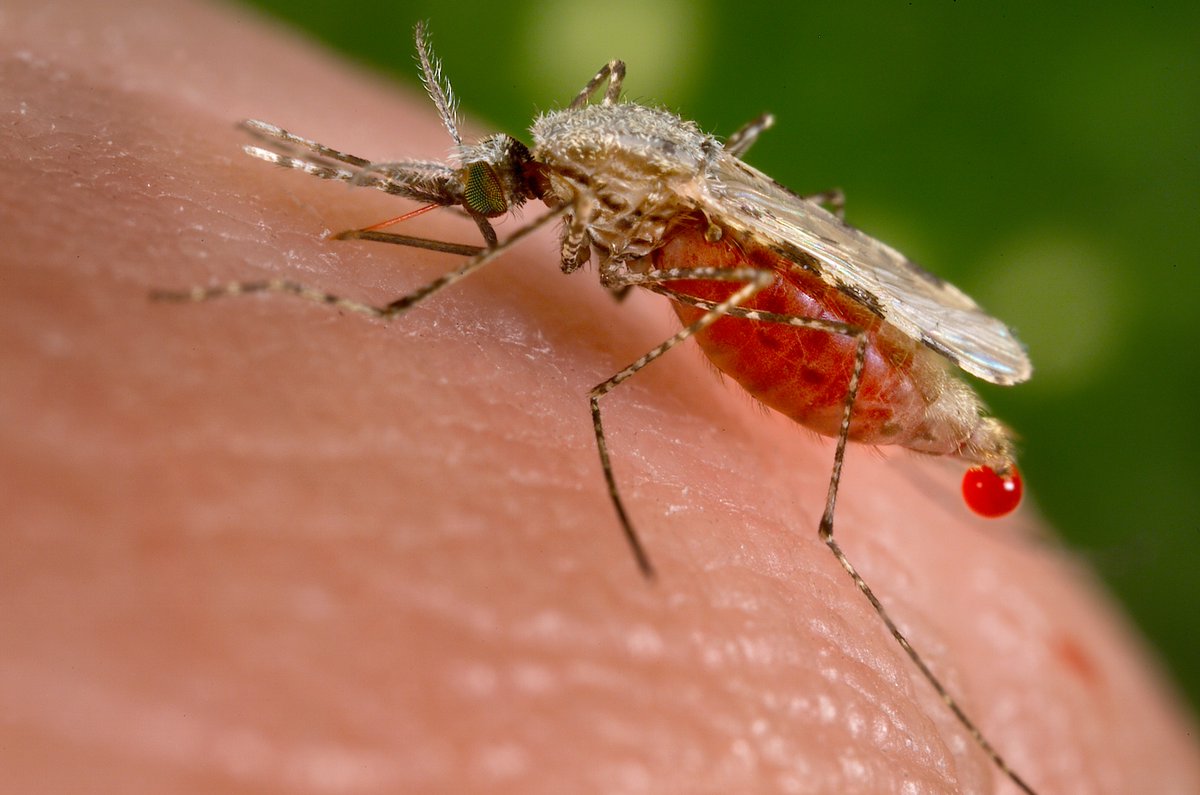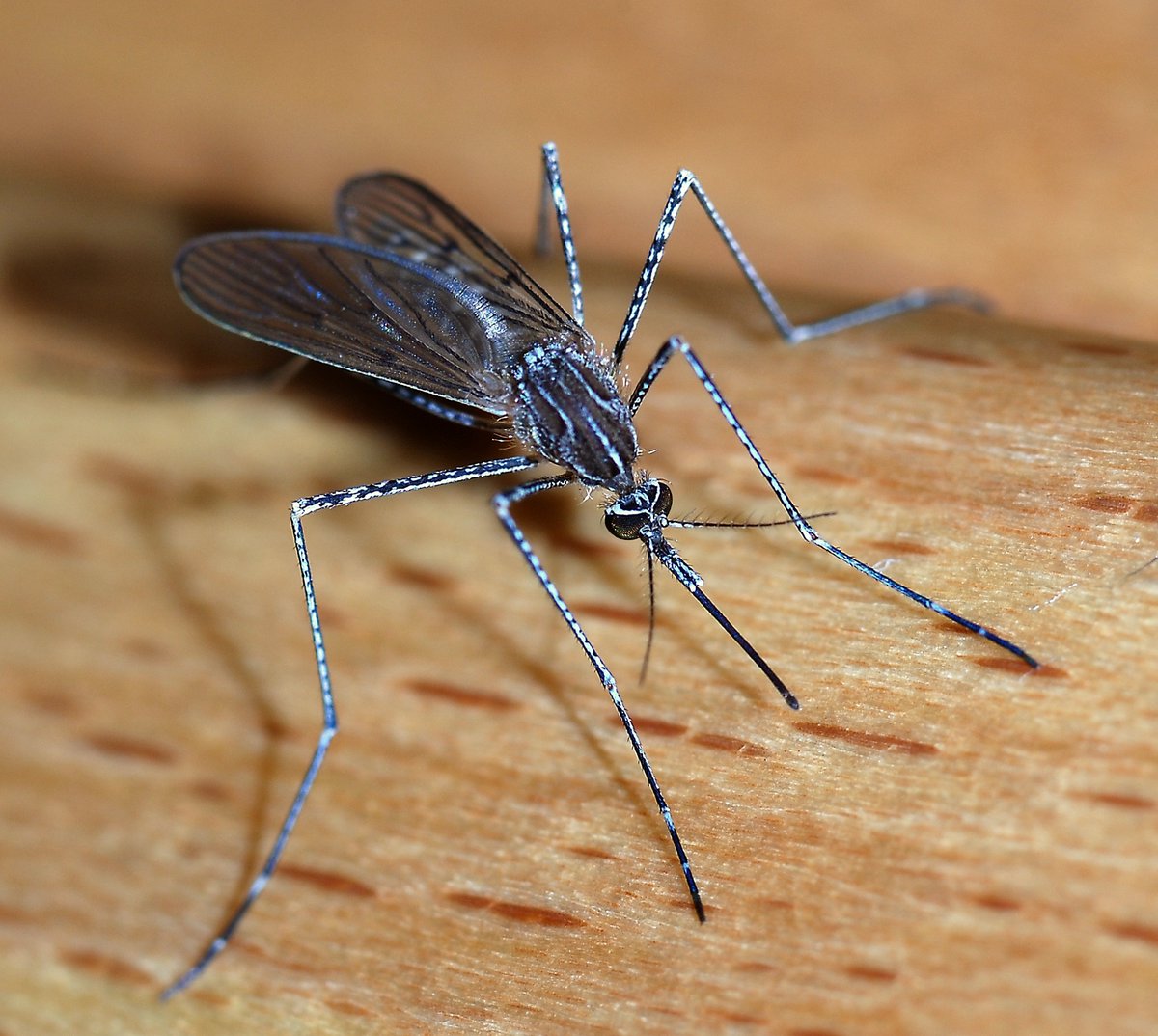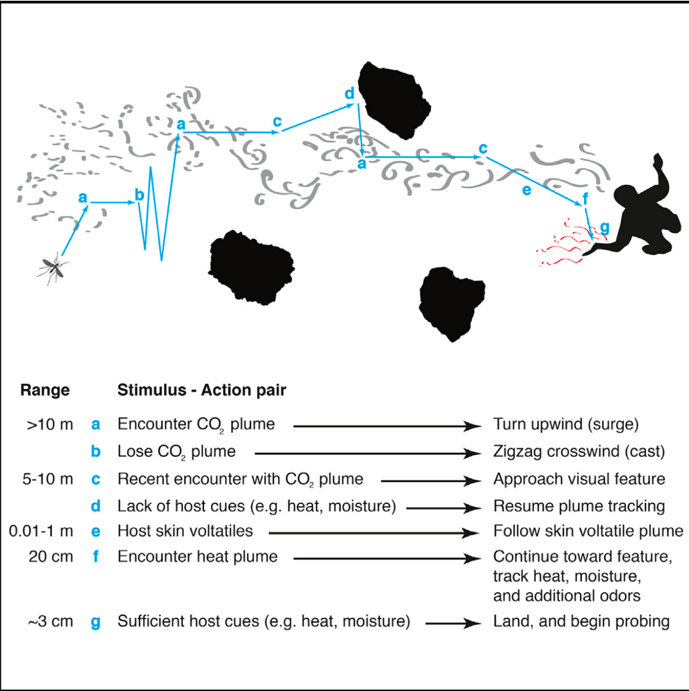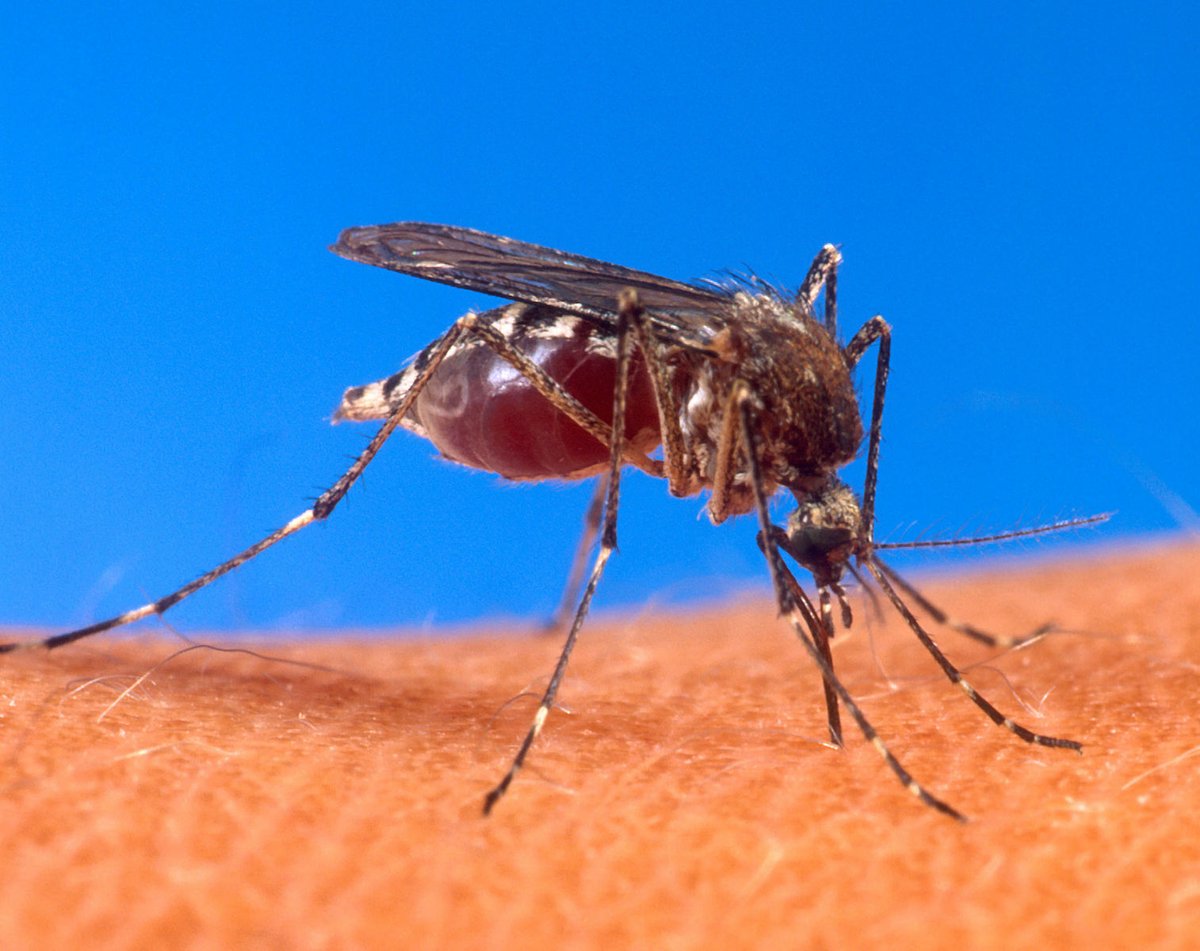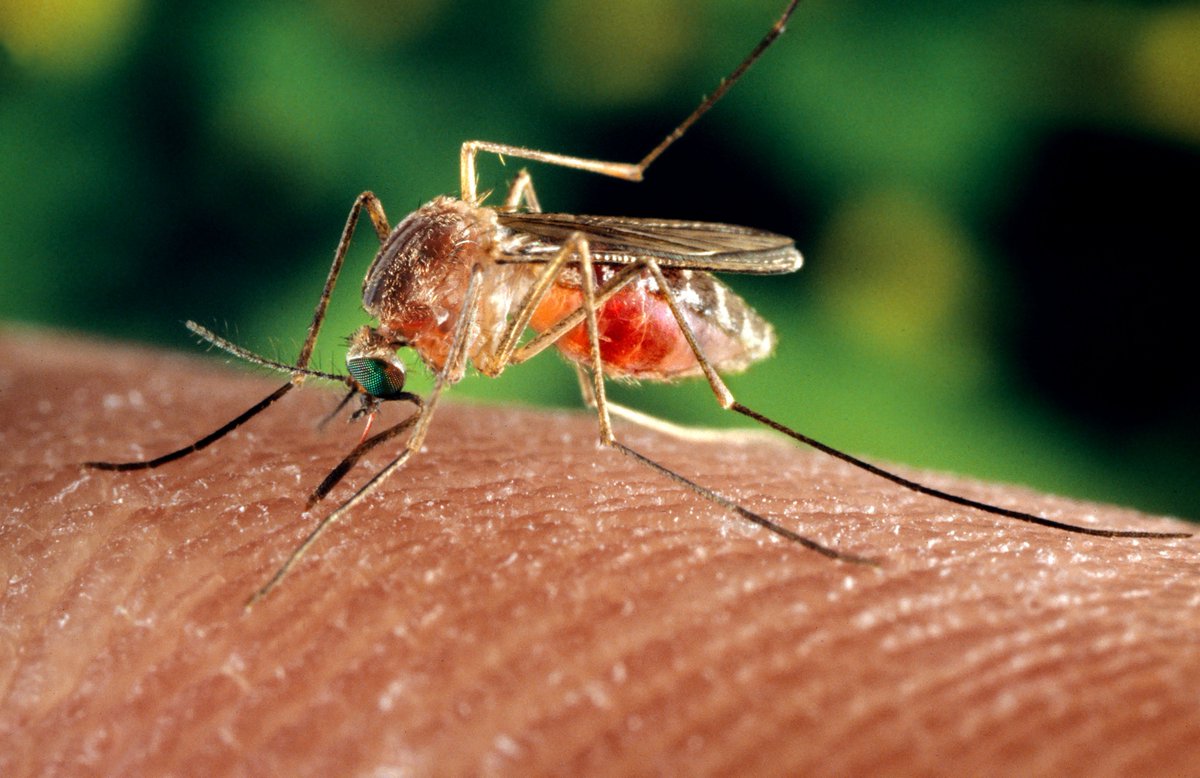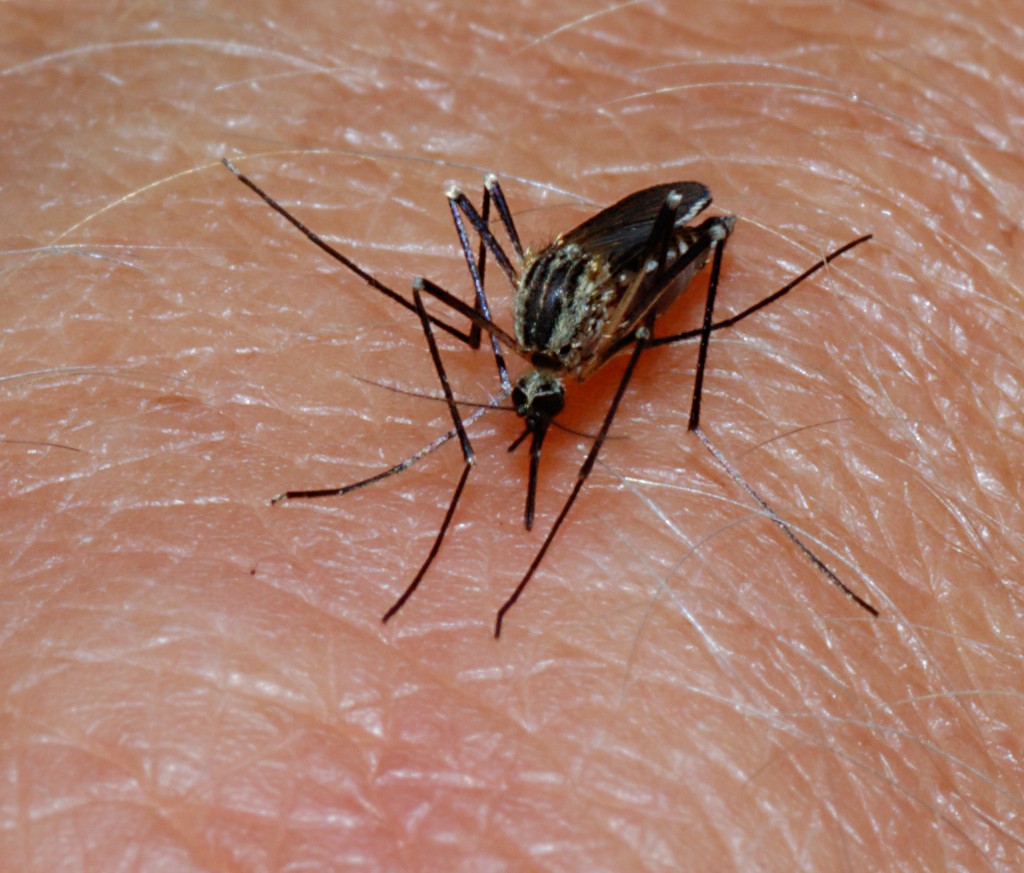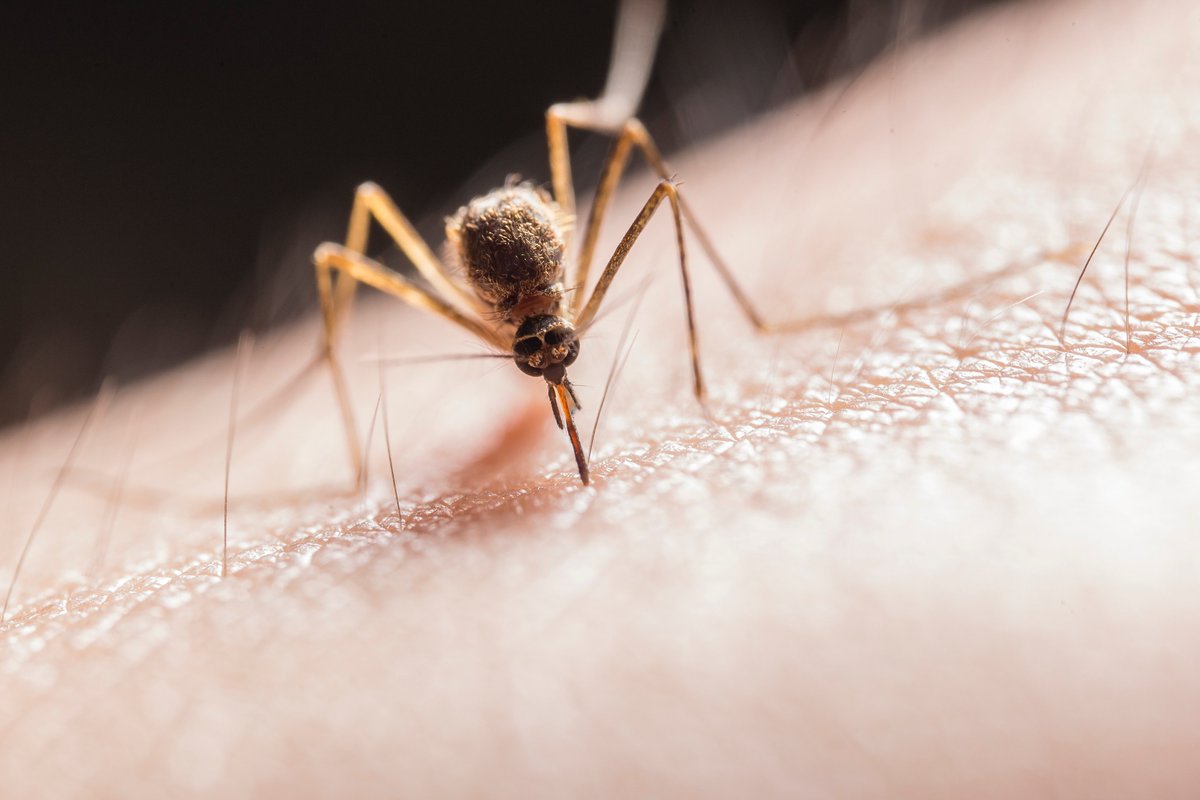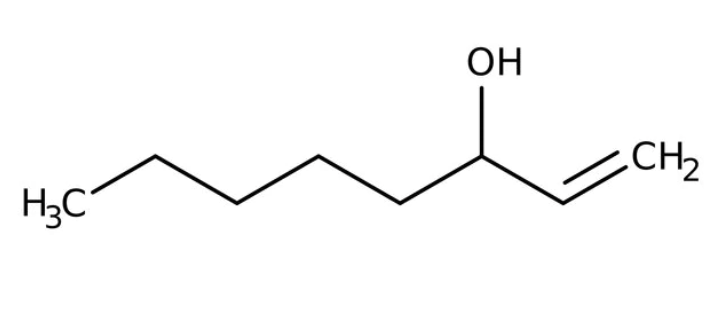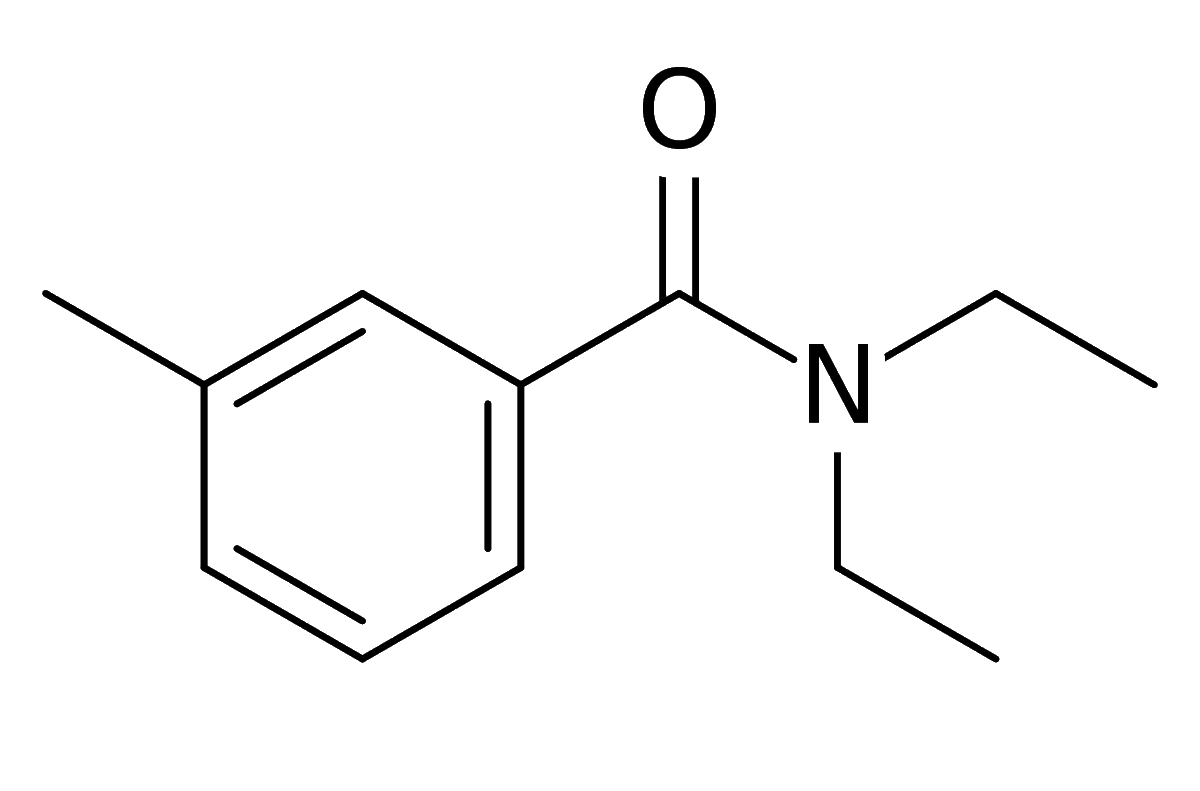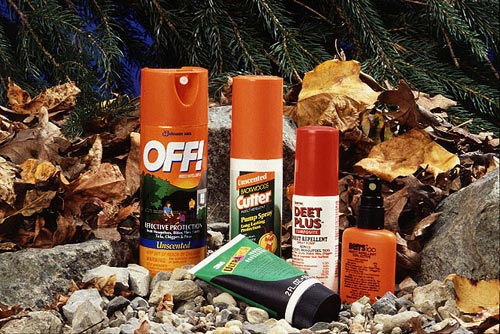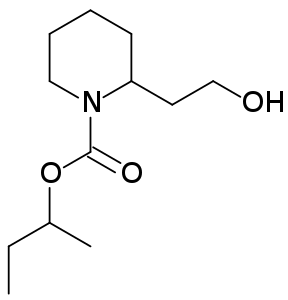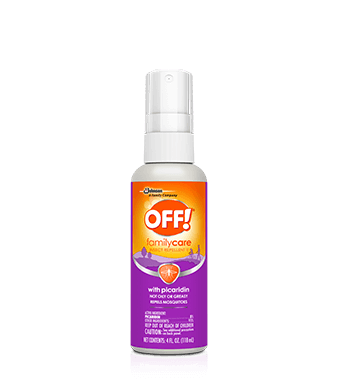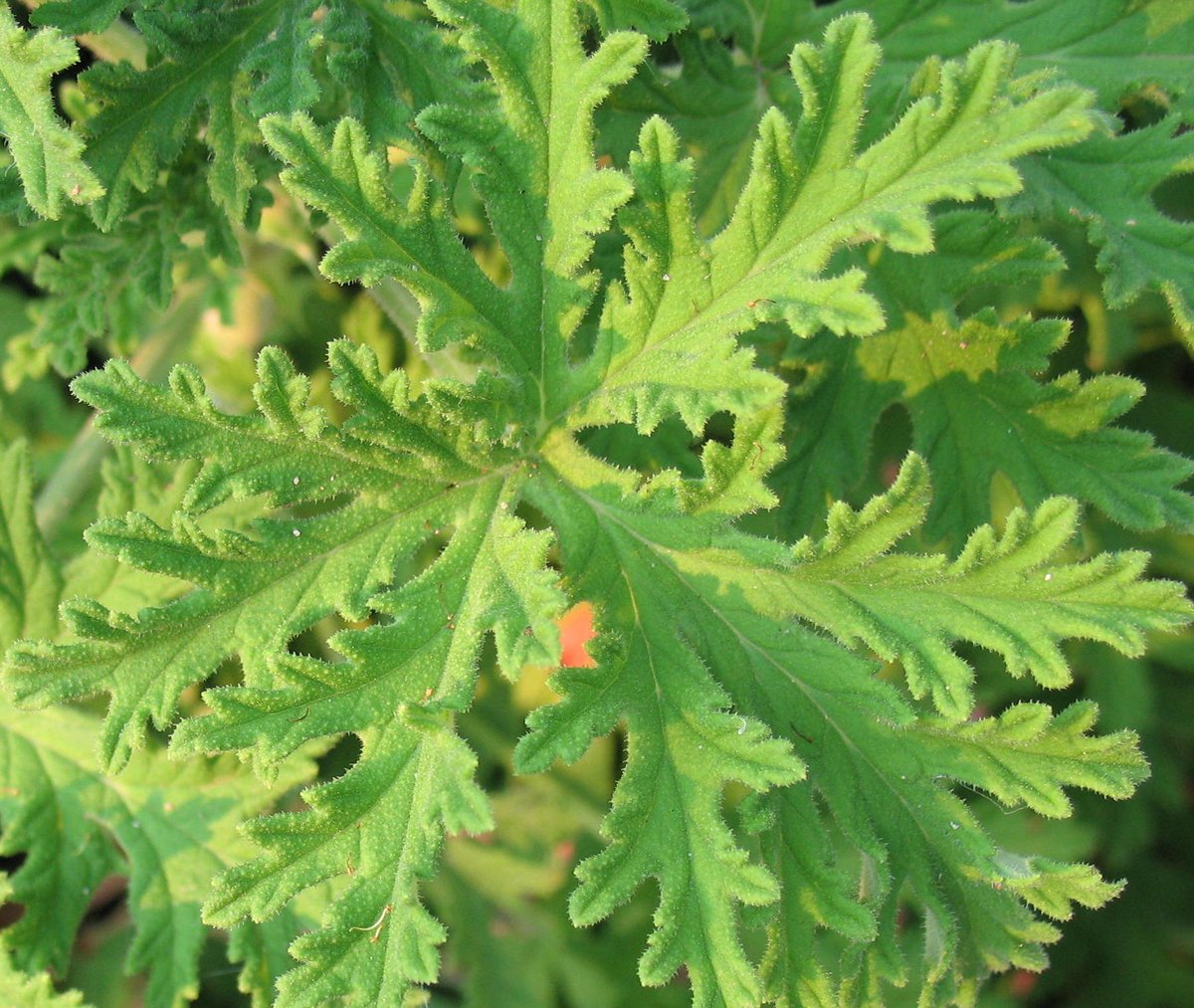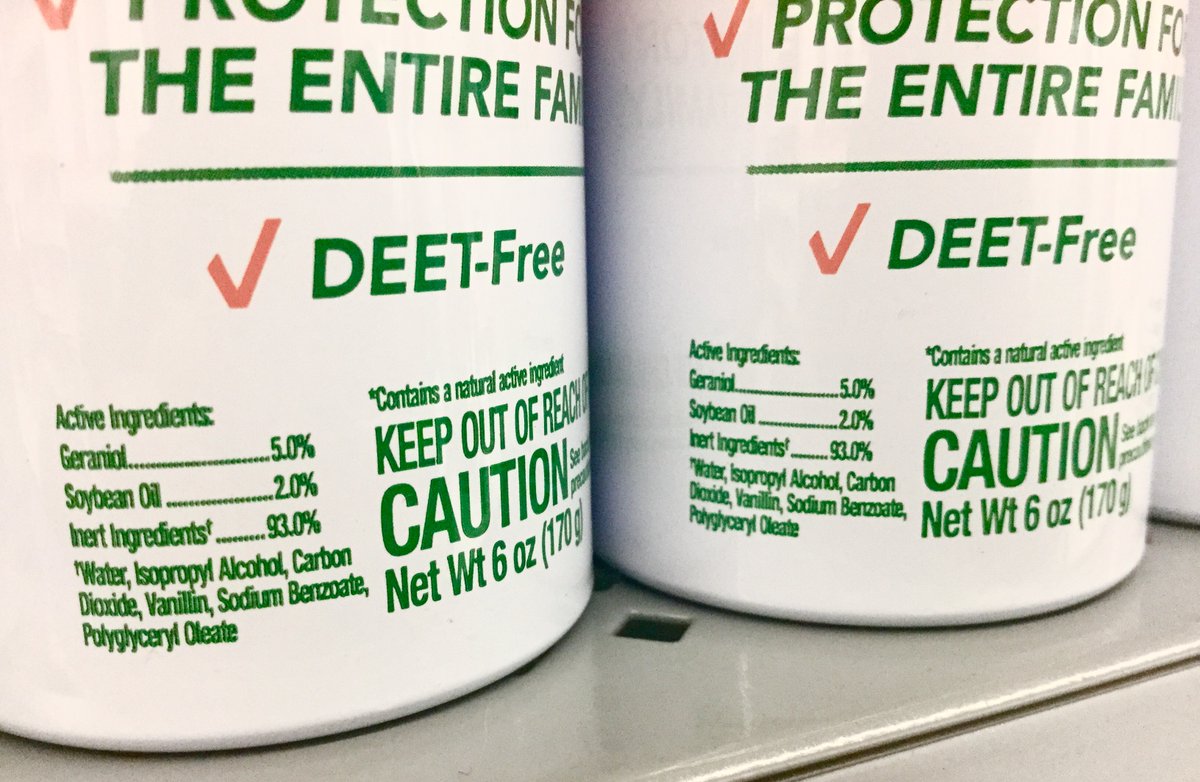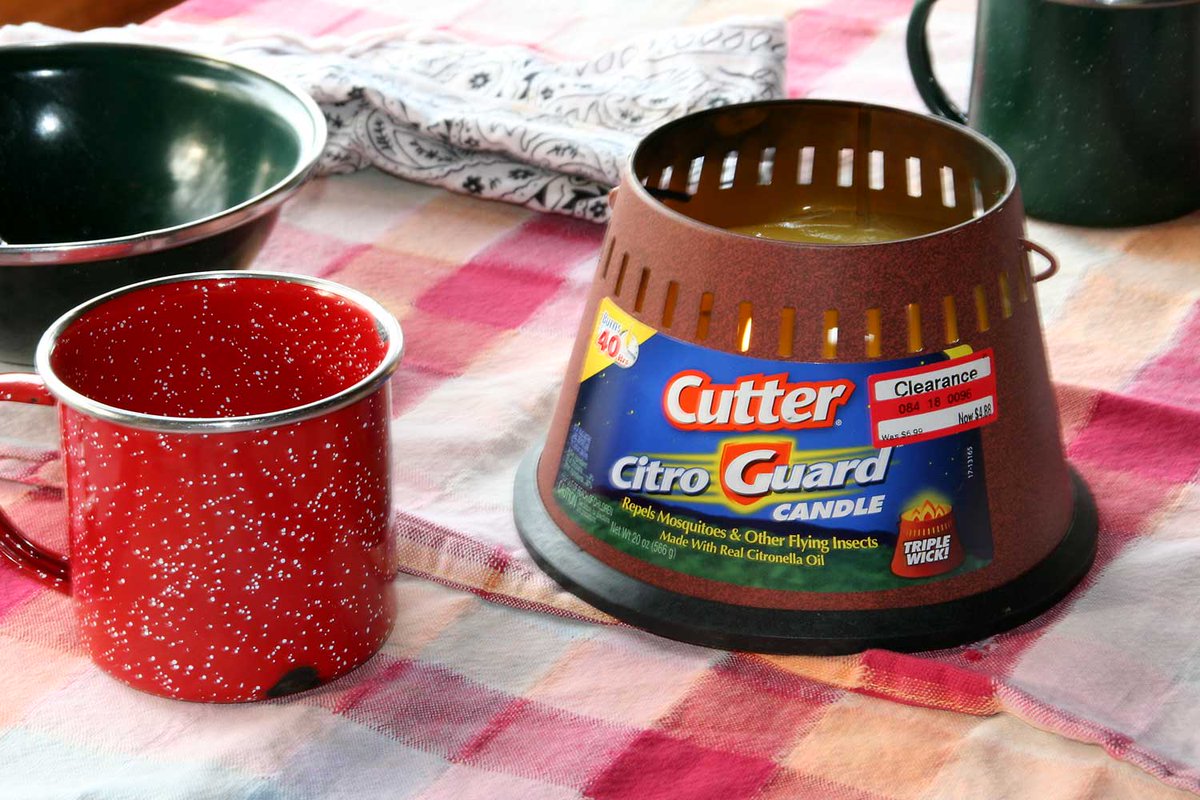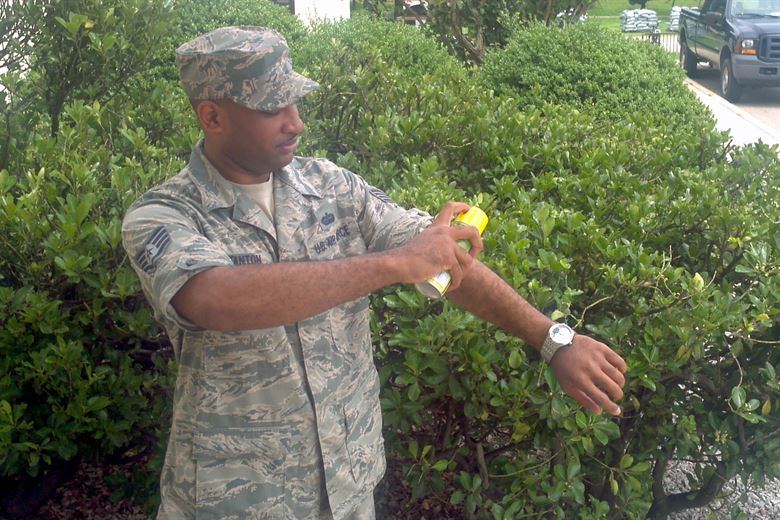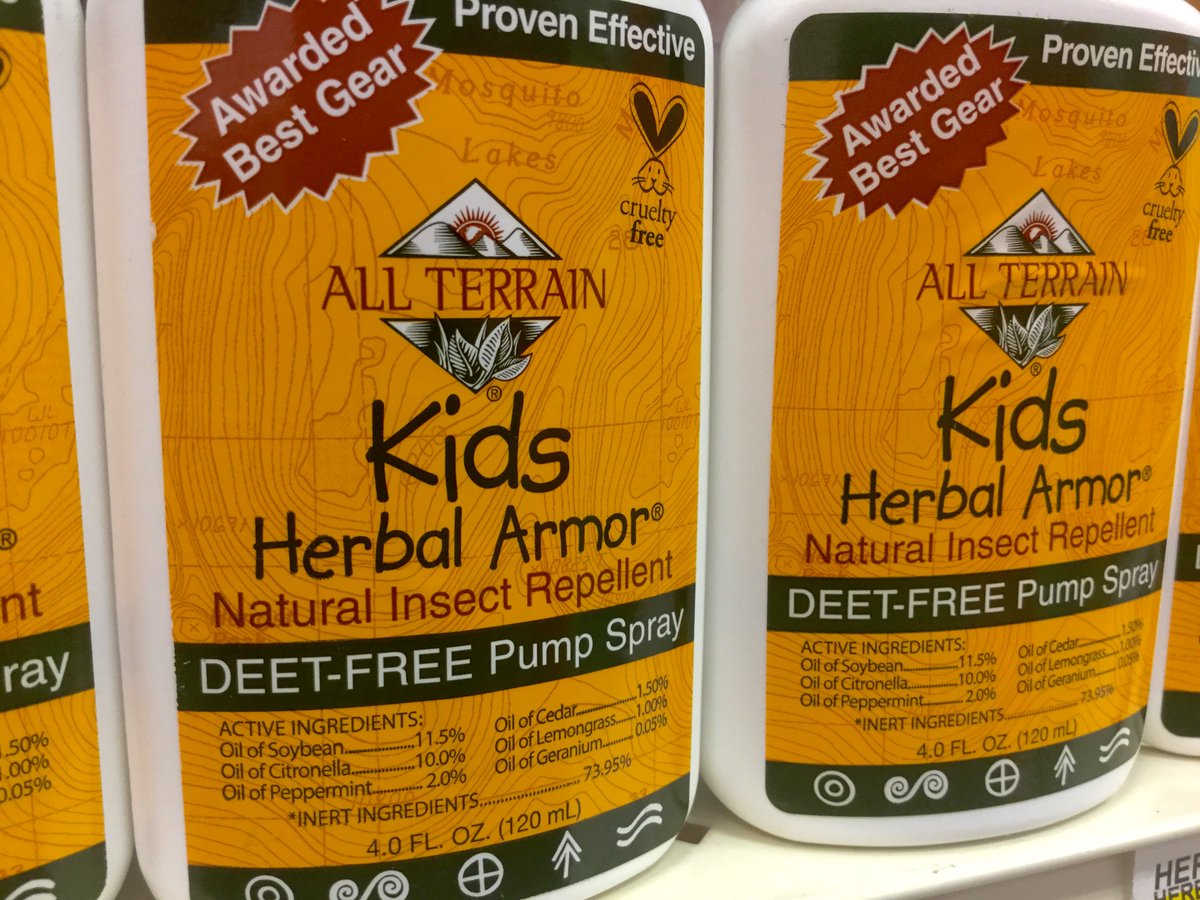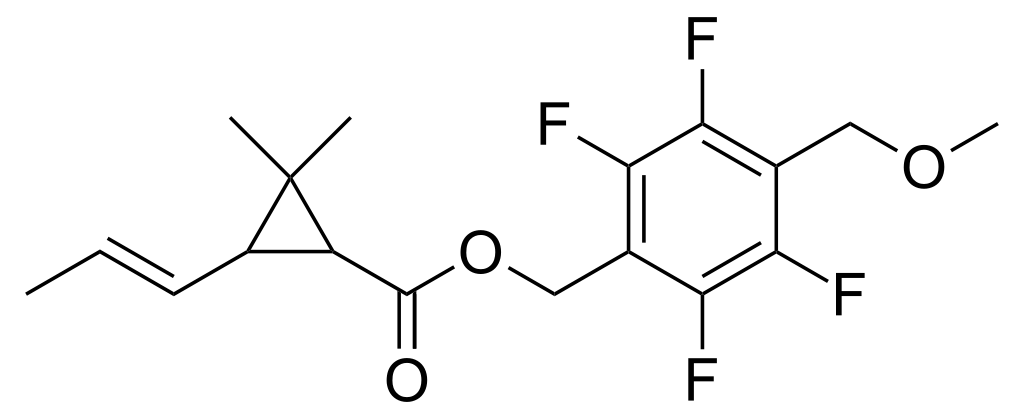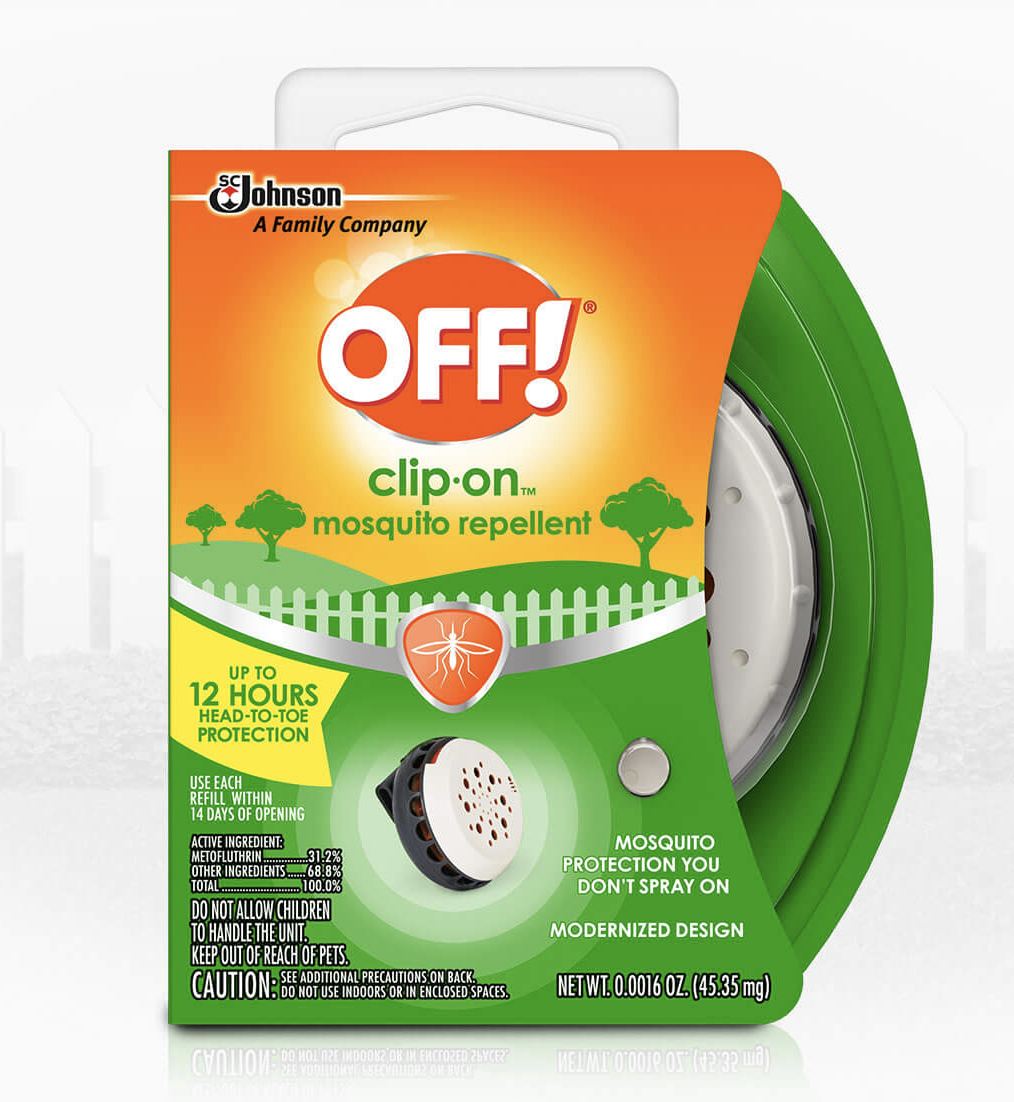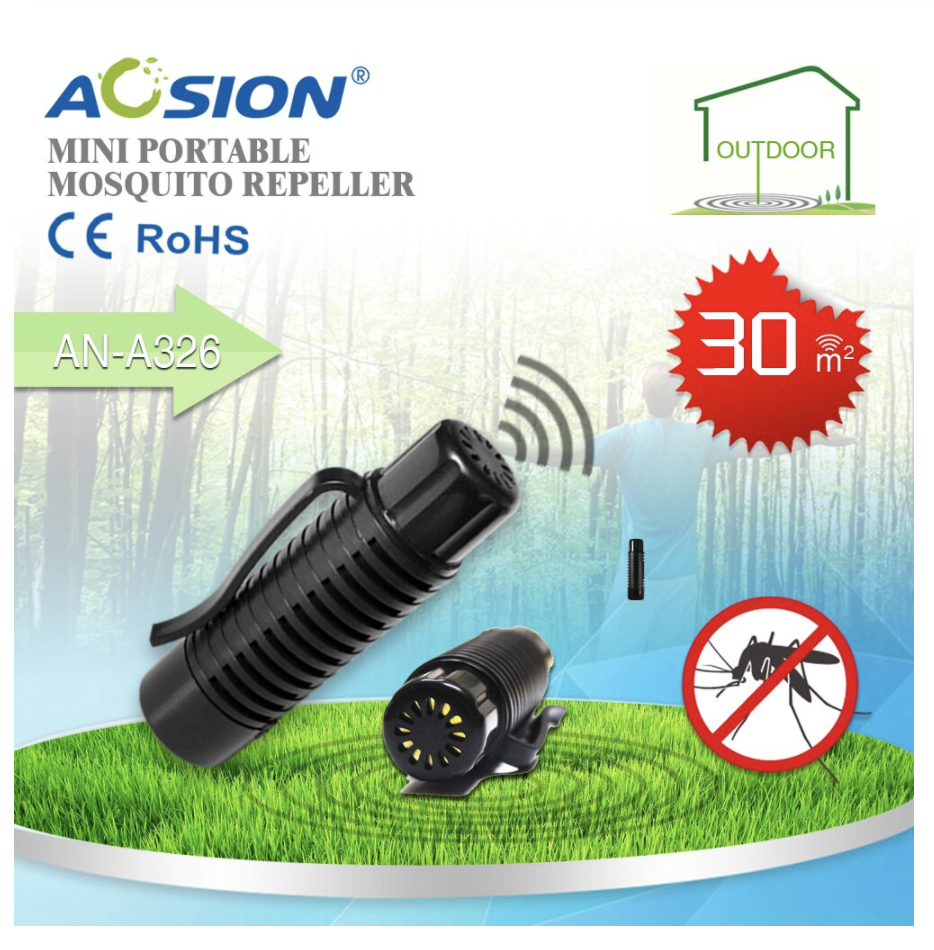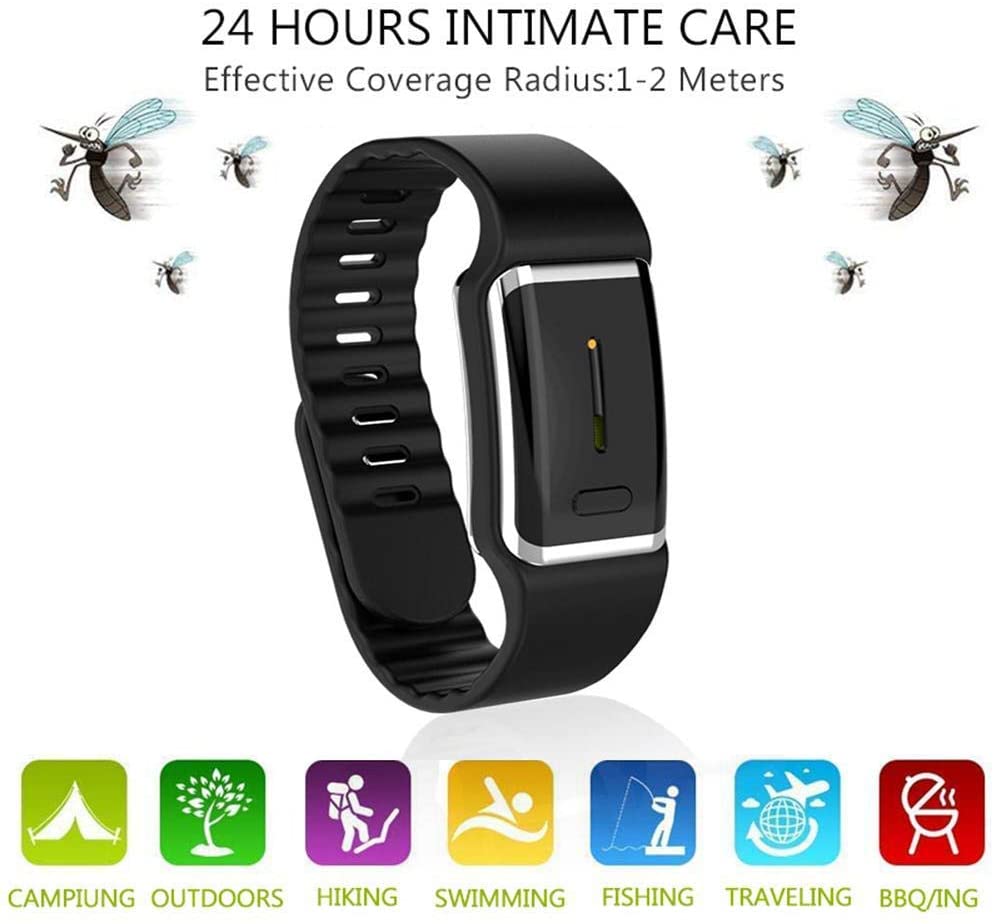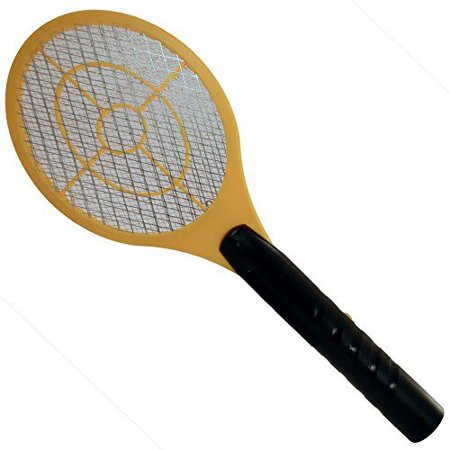Why mosquitos bite you, and more importantly, how to make the little demons LEAVE US ALONE 
{A science and fact-filled thread on mosquitos, repellants, what works and what doesn't}
#MosquitoSeason #Summer #SummerHeat #SummerHolidays #COVID_19

{A science and fact-filled thread on mosquitos, repellants, what works and what doesn't}
#MosquitoSeason #Summer #SummerHeat #SummerHolidays #COVID_19
First, just to clarify, there is no one mosquito.
there are more than 3500 species categorized into 112 genera that fall under the moniker of mosquito.
Canada is home to ~82 species of mosquitos, some of which are zoophilic (animal-feeding) others anthropophilic (human-feeding)
there are more than 3500 species categorized into 112 genera that fall under the moniker of mosquito.
Canada is home to ~82 species of mosquitos, some of which are zoophilic (animal-feeding) others anthropophilic (human-feeding)
Fun fact: we’re typically taught to remove standing water from our property & avoid boggy or marshy areas (good luck in Ontario) to avoid mosquitos, jokes on us because some species of these bugs don’t exclusively lay their eggs in water.
Anyways, the important question: How do mosquitos track us?
Their first clue that something biteable is nearby is the detection of a CO2 plume exhaled on the breath of mammals and birds alike.
(graphic from this study: https://www.sciencedirect.com/science/article/pii/S096098221500740X)
Their first clue that something biteable is nearby is the detection of a CO2 plume exhaled on the breath of mammals and birds alike.
(graphic from this study: https://www.sciencedirect.com/science/article/pii/S096098221500740X)
The amount of CO2 does not affect the attractiveness of a specific target, so even if you’re a human who produces a lot of CO2 (pregnant or larger people generally) that alone is not responsible for your irresistible-to-mosquitos aura.
Mosquitos will track a CO2 plume until they encounter host-cues.
These first of these cues are usually smells emanating from the skin.
As they get close to the source of a smell, mosquitos will then detect and head towards heat and moisture signals emanating from a body.
These first of these cues are usually smells emanating from the skin.
As they get close to the source of a smell, mosquitos will then detect and head towards heat and moisture signals emanating from a body.
We don’t know whether changes in body temperature affect how attractive you are to a mosquito
BUT
we do know that sweating increases the volatile compounds on your skin, and that anhidrotic people, or those who show decreased sweating, are less attractive to the pests.
BUT
we do know that sweating increases the volatile compounds on your skin, and that anhidrotic people, or those who show decreased sweating, are less attractive to the pests.
Now for some bad news...
The main mosquito-cues that can differ between humans are the olfactory ones. While you can (and should) swap your shampoo & soap for unscented varieties, a lot of the smells that mosquitos sense are innate to your physiology and don't really change.
The main mosquito-cues that can differ between humans are the olfactory ones. While you can (and should) swap your shampoo & soap for unscented varieties, a lot of the smells that mosquitos sense are innate to your physiology and don't really change.
A few of these odorous chemicals include:
-ammonia
-lactic acid
-sulcatone
-acetone.
BUT higher concentrations /=/ greater mosquito attraction
Instead, they modulate the attractiveness of other substances. For ex, lactic acid increases mosquitos' attraction to ammonia and CO2.
-ammonia
-lactic acid
-sulcatone
-acetone.
BUT higher concentrations /=/ greater mosquito attraction
Instead, they modulate the attractiveness of other substances. For ex, lactic acid increases mosquitos' attraction to ammonia and CO2.
While an animal may produce similar-to-human levels of CO2, humans tend to produce more lactic acid than primates or cows. This lactic acid synergistically increases the appeal of CO2 for anthropophilic mosquito species, while actively dissuading zoophilic species from biting us
Conversely, ruminants like cows also exhale 1-octen-3-ol, a substance that attracts zoophilic species of mosquitos. In a demonstration of this, skin rubbings taken from cows were made as attractive to anthropophilic mosquitos as skin rubbings from humans by adding lactic acid
Does blood type affect mosquito's attraction to different humans?
That's... a complicated question.
It's gonna be its own thread, for now just accept the answer of maybe.

That's... a complicated question.
It's gonna be its own thread, for now just accept the answer of maybe.

NOW FOR THE IMPORTANT PART
What actually works for repelling mosquitos.
I'll go into details below but in summary:
These work: DEET, permethrin, icaridin (picaridin), P-Menthane-3,8-diol (PMD)
These kind of work: citronella, soybean oil, metofluthrin
What actually works for repelling mosquitos.
I'll go into details below but in summary:
These work: DEET, permethrin, icaridin (picaridin), P-Menthane-3,8-diol (PMD)
These kind of work: citronella, soybean oil, metofluthrin
These don't work: citrosa house plants, sonic devices, bug zappers, synthetic lures, eating (or not eating) bananas, vitamin B
Alright now for the details
Alright now for the details
**N,N-Diethyl-meta-toluamide, better known as DEET**
A standard ingredient in commercial bug sprays since 1957 when it made the jump from military to civilian applications.
More thoroughly studied than any other mosquito repellant & consistently works the best in trials
A standard ingredient in commercial bug sprays since 1957 when it made the jump from military to civilian applications.
More thoroughly studied than any other mosquito repellant & consistently works the best in trials
Pay attention to the concentration of DEET in the products you buy.
The gov of Canada recommends only <30% on adults, and <10% of kids aged 2-12 (up to 3 daily applications) or 6 months-2 years (1 daily application).
Do not use on babies <6 months.
The gov of Canada recommends only <30% on adults, and <10% of kids aged 2-12 (up to 3 daily applications) or 6 months-2 years (1 daily application).
Do not use on babies <6 months.
**Incaridin, aka Picaridin**
A safe DEET alternative, popular in Europe. Recommended by the gov of Canada against mosquitos & ticks on anyone >6 months
Icaridin products can be useful for kids who have exceeded their daily rec. applications of DEET but still need protection
A safe DEET alternative, popular in Europe. Recommended by the gov of Canada against mosquitos & ticks on anyone >6 months
Icaridin products can be useful for kids who have exceeded their daily rec. applications of DEET but still need protection
This study ( http://doi.wiley.com/10.1111/j.1440-6055.2005.00498.x) showed that products w/ 9.3% icaridin can repel mosquitos for up to 3 hr.
This study ( https://academic.oup.com/jme/article-lookup/doi/10.1603/0022-2585-41.4.726) showed that a 10% concentration repelled mosquitos for >7 hrs.
This study ( https://academic.oup.com/jme/article-lookup/doi/10.1603/0022-2585-41.4.726) showed that a 10% concentration repelled mosquitos for >7 hrs.
**Citronella**
Citronella oil is made mostly from 2 species: C. nardusand C. winterianus & contains many different chemicals, the most notable in terms of their insect-repelling nature include camphor, eucalyptol, eugenol, linalool, geraniol and citronellal.
Citronella oil is made mostly from 2 species: C. nardusand C. winterianus & contains many different chemicals, the most notable in terms of their insect-repelling nature include camphor, eucalyptol, eugenol, linalool, geraniol and citronellal.
Citronellal provides the flowers with their characteristic lemony scent but this study ( https://bioone.org/journals/journal-of-the-american-mosquito-control-association/volume-24/issue-1/8756-971X(2008)24%5b150:IPAMAS%5d2.0.CO;2/Indoor-Protection-Against-Mosquito-and-Sand-Fly-Bites--A/10.2987/8756-971X(2008)24%5b150:IPAMAS%5d2.0.CO;2.full?casa_token) suggests that it is actually linalool and geraniol that provide the bug-repelling effects.
This study ( https://academic.oup.com/jme/article-lookup/doi/10.1603/0022-2585-41.4.726) found three mosquito repellants containing citronella significantly less effective than formulas containing DEET or icaridin
This study ( https://academic.oup.com/jme/article-lookup/doi/10.1603/0022-2585-41.4.726) found 3 wearable bracelets that claimed to emit geraniol not effective at all.
This study ( https://academic.oup.com/jme/article-lookup/doi/10.1603/0022-2585-41.4.726) found 3 wearable bracelets that claimed to emit geraniol not effective at all.
So while it could be useful to burn a geraniol or linalool candle while you’re sitting outside, you should probably still backup your protection with an effective repellent.
**P-Menthane-3,8-diol (PMD)**
Products with PMD, a chemical found in small amounts in oil extracted from the lemon eucalyptus tree, have generally* show it to be as effective as DEET & icaridin.
*Studies:
https://pubmed.ncbi.nlm.nih.gov/28423421/
https://academic.oup.com/jme/article/41/4/726/884706
https://academic.oup.com/jme/article/41/4/726/884706
Products with PMD, a chemical found in small amounts in oil extracted from the lemon eucalyptus tree, have generally* show it to be as effective as DEET & icaridin.
*Studies:
https://pubmed.ncbi.nlm.nih.gov/28423421/
https://academic.oup.com/jme/article/41/4/726/884706
https://academic.oup.com/jme/article/41/4/726/884706
The Canadian gov recognizes PMD’s repellency effects on blackflies and mosquitos but recommends against using PMD-containing products on anyone <3 years old
**Soybean & Essential Oils**
Perhaps the strangest bug-repellent on this list, formulas containing soybean oil & various essential oils have been making their way to the Canadian market.
The soybean oil itself does not repel mosquitos, but it works in tandem w/ the essential oils
Perhaps the strangest bug-repellent on this list, formulas containing soybean oil & various essential oils have been making their way to the Canadian market.
The soybean oil itself does not repel mosquitos, but it works in tandem w/ the essential oils
This study ( https://academic.oup.com/jme/article-lookup/doi/10.1603/0022-2585-41.4.726) found that a formulation including soybean oil, coconut oil, geranium & vanillin repelled mosquitos for >7.2 hrs.
However, the same study, and another ( https://academic.oup.com/jme/article-lookup/doi/10.1603/0022-2585-41.4.726), showed that other formulations also containing soybean oil, as well as other various essential oils (menthol, eucalyptus, lavender, rosemary, sage, etc.) worked very minimally.
The gov of Canada doesn’t place any age restrictions on formulas containing soybean oil but recommends not using essential oil formulations on those <2. So, you’re free to try products using blends of oils, just be sure to turn to something a bit more reliable when it matters.
**Metofluthrin**
If you’d rather wear a clip-on device than use a mosquito-repelling lotion or spray, your only good option is those that emit metofluthrin.
If you’d rather wear a clip-on device than use a mosquito-repelling lotion or spray, your only good option is those that emit metofluthrin.
This 2017 study ( http://www.ncbi.nlm.nih.gov/pubmed/28423421 ) looked at 5 wearable devices & found only the metofluthrin at 31.2% effectively repelled mosquitos. Much like citronella candles, however, clip-on devices only work when sitting still, since they make a fog of repellant around you.
Now for **Things That Don’t Work**
While components of citronella oils may be effective repellants, citrosa houseplants are not. Nor are the sonic mosquito repelling products that claim to play sound at frequencies that will drive mosquitos away.
While components of citronella oils may be effective repellants, citrosa houseplants are not. Nor are the sonic mosquito repelling products that claim to play sound at frequencies that will drive mosquitos away.
I’ll let the authors of this paper ( http://www.ncbi.nlm.nih.gov/pubmed/28423421 ) sum up the evidence for sonic products: “We are not aware of any scientific study showing that mosquitoes can be repelled by sound waves and therefore we consider these devices as the modern equivalent of snake oil”.
While synthetic mosquito lures that attract the bugs as well, or better, than humans have been developed, in practice mosquitos continue to be attracted to humans even when these devices are used. Thus, their use is not recommended by the Canadian Government.
Likewise, handheld or mounted bug zappers certainly exist and can be quite satisfying to use for revenge on the bugs that stole your blood, relying on them for protection is not a good idea.
Maybe you heard that eating bananas can alternatively make mosquitos more or less attracted to you. The claims stem from their high vitamin B6 content, but a 2005 study ( https://bioone.org/journals/Journal-of-the-American-Mosquito-Control-Association/volume-21/issue-2/8756-971X(2005)21%5b213:TVBAAH%5d2.0.CO;2/TESTING-VITAMIN-B-AS-A-HOME-REMEDY-AGAINST-MOSQUITOES/10.2987/8756-971X(2005)21%5b213:TVBAAH%5d2.0.CO;2.full?casa_token=U4) found no mosquito-repelling effects in subjects who took vitamin B.
In terms of bananas' attracting power, those claims come from octenol content, a chemical that does indeed attract mosquitos. But, octenol isn’t unique to bananas, it’s found in many foods, and no studies have been done that prove consuming bananas does make you a bug-target.


A subtler mistake you may make when selecting your mosquito repellant is to use a product that combines sunscreen and bug spray. While certainly convenient, the problem lies in sunscreen’s need to be reapplied much more frequently than mosquito-repellants.
What else can you do to protect yourself from mosquito bites?
Wear light coloured clothing (mosquitos are better able to track darker coloured targets)
Cover as much of your skin as possible
Use mosquito meshes when possible
Wear light coloured clothing (mosquitos are better able to track darker coloured targets)
Cover as much of your skin as possible
Use mosquito meshes when possible
You can get specialty meshes & clothing treated with an insecticide, permethrin, in Canada. The repellent effects will last through several washes, but permethrin-treated objects should never be used for or around children, as their safety has not been evaluated.
Read this thread in article form, see the hyperlinks I wish I could include on Twitter, and get more info here:
https://mcgill.ca/oss/article/health-technology/why-mosquitos-bite-you-and-how-make-them-stop?fbclid=IwAR21tgLfoUWpBfYylJALYQwzM4GLK0vdWqIux8wI-pYQ0nwVQ8XzncNqzeA
Photo credits:
https://en.wikipedia.org/wiki/Mosquito#/media/File:Anopheles_stephensi.jpeg
https://en.wikipedia.org/wiki/File:Mosquito_2007-2.jpg
https://commons.wikimedia.org/wiki/File:Aedes_aegypti_biting_human.jpg
https://pixnio.com/fauna-animals/insects-and-bugs/mosquito/female-mosquito-insect-feeding-macro-photo#
https://mcgill.ca/oss/article/health-technology/why-mosquitos-bite-you-and-how-make-them-stop?fbclid=IwAR21tgLfoUWpBfYylJALYQwzM4GLK0vdWqIux8wI-pYQ0nwVQ8XzncNqzeA
Photo credits:
https://en.wikipedia.org/wiki/Mosquito#/media/File:Anopheles_stephensi.jpeg
https://en.wikipedia.org/wiki/File:Mosquito_2007-2.jpg
https://commons.wikimedia.org/wiki/File:Aedes_aegypti_biting_human.jpg
https://pixnio.com/fauna-animals/insects-and-bugs/mosquito/female-mosquito-insect-feeding-macro-photo#
Photo creds cont:
https://www.flickr.com/photos/agder/2783124139
https://www.pexels.com/photo/mosquito-biting-on-skin-2382223/
https://commons.wikimedia.org/wiki/File:DEET.svg
https://commons.wikimedia.org/wiki/File:DEET_products.jpg
https://en.wikipedia.org/wiki/File:Icaridin.svg
https://off.com/en/product/family-care/family-care-with-picaridin-ii
https://www.flickr.com/photos/88722241@N00/489757143
https://www.flickr.com/photos/jeepersmedia/26809773045
https://www.flickr.com/photos/acradenia/5882937103
https://www.flickr.com/photos/vilseskogen/4676399597
https://www.flickr.com/photos/agder/2783124139
https://www.pexels.com/photo/mosquito-biting-on-skin-2382223/
https://commons.wikimedia.org/wiki/File:DEET.svg
https://commons.wikimedia.org/wiki/File:DEET_products.jpg
https://en.wikipedia.org/wiki/File:Icaridin.svg
https://off.com/en/product/family-care/family-care-with-picaridin-ii
https://www.flickr.com/photos/88722241@N00/489757143
https://www.flickr.com/photos/jeepersmedia/26809773045
https://www.flickr.com/photos/acradenia/5882937103
https://www.flickr.com/photos/vilseskogen/4676399597
Photo creds cont:
https://commons.wikimedia.org/wiki/File:Para-Menthane-3,8-diol_chemical_structure.png
https://www.kunsan.af.mil/News/Article/413057/dont-let-the-summer-bugs-bite-pest-management-helps-keep-airmen-safe/
https://www.flickr.com/photos/jeepersmedia/26419512543
https://en.wikipedia.org/wiki/File:Metofluthrin.svg
https://off.com/en/product/clip-on/clip-on-mosquito-repellent
https://www.amazon.com/Goglor-Ultrasonic-Repellent-Electronic-Accessories/dp/B07PM9P9XH
https://www.aliexpress.com/item/32608833306.html
https://www.walmart.ca/en/ip/Electric-Fly-Swatter-Racquet-Bug-Zapper/PRD4MEAD14O31F4
https://commons.wikimedia.org/wiki/File:Para-Menthane-3,8-diol_chemical_structure.png
https://www.kunsan.af.mil/News/Article/413057/dont-let-the-summer-bugs-bite-pest-management-helps-keep-airmen-safe/
https://www.flickr.com/photos/jeepersmedia/26419512543
https://en.wikipedia.org/wiki/File:Metofluthrin.svg
https://off.com/en/product/clip-on/clip-on-mosquito-repellent
https://www.amazon.com/Goglor-Ultrasonic-Repellent-Electronic-Accessories/dp/B07PM9P9XH
https://www.aliexpress.com/item/32608833306.html
https://www.walmart.ca/en/ip/Electric-Fly-Swatter-Racquet-Bug-Zapper/PRD4MEAD14O31F4

 Read on Twitter
Read on Twitter